
Hi Macalester, my name is Hannah Currens (PGPs = she, her, and hers). I am a senior Geography major with a concentration in Community and Global Health, and I like to talk about sex. Let’s dive right into it, shall we?
When I was brainstorming the topic for my first column, I quickly realized that I needed to ask my editor a crucial question: which words am I allowed to use? Talking about sex brings lots of words to mind that might make you blush, so which terms are appropriate for a newspaper that’s distributed across campus? I decided that I needed to explore how we talk about sex at Macalester before I could answer any broader questions. I put together a short Google survey and shared it to the Facebook groups of each class page on Tuesday, September 15th around 7 p.m. In the survey, I asked participants to share a little bit about their identity and to list all the words, terms and phrases that they could think of to refer to breasts, penises, vaginas and sexual intercourse. I received 105 responses by 9 p.m. on Thursday, when I started to organize the data. The sample population breakdown is: five international students and 100 domestic students; twenty-one first-years, thirty sophomores, twenty-three juniors, and twenty-seven seniors; seventy-two percent heterosexual respondents, eight percent homosexual or queer respondents, sixteen percent pansexual or bisexual respondents, and four percent demi- or asexual respondents (<1 % of participants not respond- ing); eighty-four percent white or Caucasian, seven and a half percent bi- or multiracial, seven and a half percent persons of color, including Black, Indian and Middle Eastern, (<1 % of participants not responding); ten and a half percent of participants worked with others, while about eighty-six percent answered the questions alone (with 2.8% not responding); finally, seventy-three percent of respondents identified as female, twenty-five percent identified as male and three percent identified as gender non-conforming.

There are some inherent flaws and biases in the data that I collected due to my methodology. Facebook users, particularly those who are active on class pages and/or during the evening, are overrepresented. Accordingly, the results shouldn’t be generalized to any particular population. However, the results are not meaningless. I received a total of 2,300 words or phrases. Once I excluded repeated terms, I had a total of 638 unique terms to refer to breasts, penises, vaginas and sexual intercourse. Some participants answered with only a few (if any) entries in each category, while others included extensive lists (shout out to the male-identifying senior who copied and pasted the entire entry from Urban Dictionary).
When we talk about sex, the language we use at Macalester rarely references the actual act of sex. Only seven survey responses identified specific sex acts (anal, oral, fisting, etc.) whereas others were full of euphemistic, metaphoric and suggestive language. Think about it; literally “knocking boots,” “watching Netflix and chilling” or “ringing the bell” is far from actual sexual intercourse. For some reason, we have a hard time clearly communicating what we do when we have sex. Why is this topic so taboo? Sex is necessary in order to perpetuate the existence of a species, but we don’t talk about it like seeking shelter or getting food.
Sex feels great, but we’re more uncomfortable talking about our latest orgasm than the last time we cracked our back. Why is it so hard to talk about?
One could say it’s the result of common decency or reputation preservation. Maybe we don’t proclaim all the sex that we have because it isn’t always appropriate or it could affect how people think about us in certain situations. The culture we live in says that sex isn’t just the penetration, insertion or rubbing of different body parts with high concentrations of nerve endings in order to achieve orgasms. Our society has designated sex and sexuality as taboo through the use of language like “unmentionables” for genitalia or “it” to vaguely indicate intercourse. How are we supposed to take ownership of our bodies and interactions when we can’t clearly verbalize what we want to do?
The ways we talk about sex limit ways we have sex. “Meet and greet in the sheets” and “the horizontal tango” imply that sex should really only be had while lying down in bed. “Doing the dirty” or “the nasty” make sex sound like something so unclean and impure that we shouldn’t be talking about it at all. “Sleeping over” or “sleeping with” sounds like the most notable part of the encounter happened while the two (or more) of you were unconscious.
Why do the words we use imply that one actor “bangs,” “hits,” “hammers,” “nails,” “pounds,” “pounds into,” “plows,” “smashes,” “screws” or “slams” their partners? Why is the penis often identified as the so-called “hammer” or “screwdriver,” while the vagina is the “hole,” “slit” or other receptacle. Why are three of the five most popular responses for vagina mere variations of the word itself? Why as a community did we produce twice as many words to refer to penises as breasts or vaginas? Why is the language to talk about non-male bodies limiting? Why do our words necessitate that a penis be “big” or masculine? Why is our language heteronormative and cissexist? Why do we say things like “manhood” and “lady bits”?
Talking about sex shouldn’t be exclusive. Talking about sex shouldn’t be damaging to anyone’s reputation. Talking about sex shouldn’t be hard—even if you are 😉



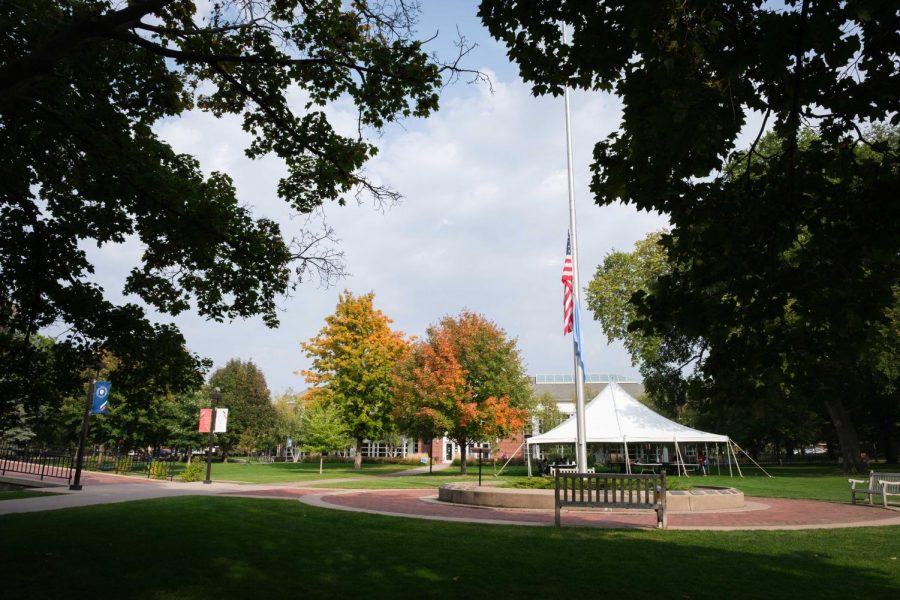






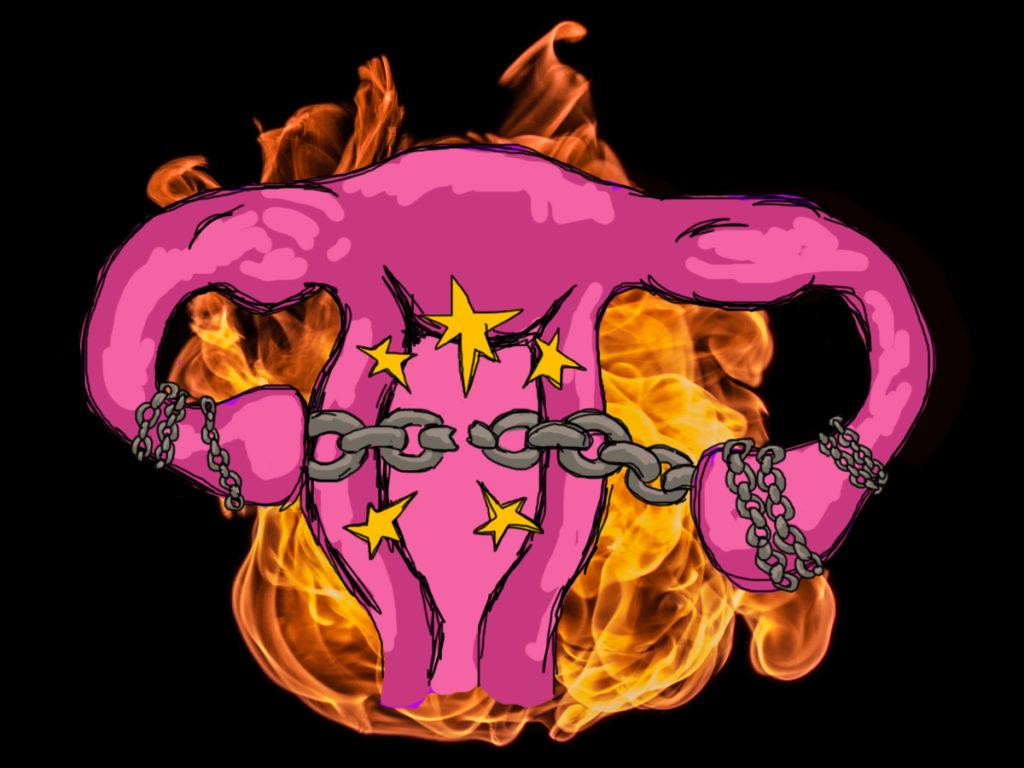
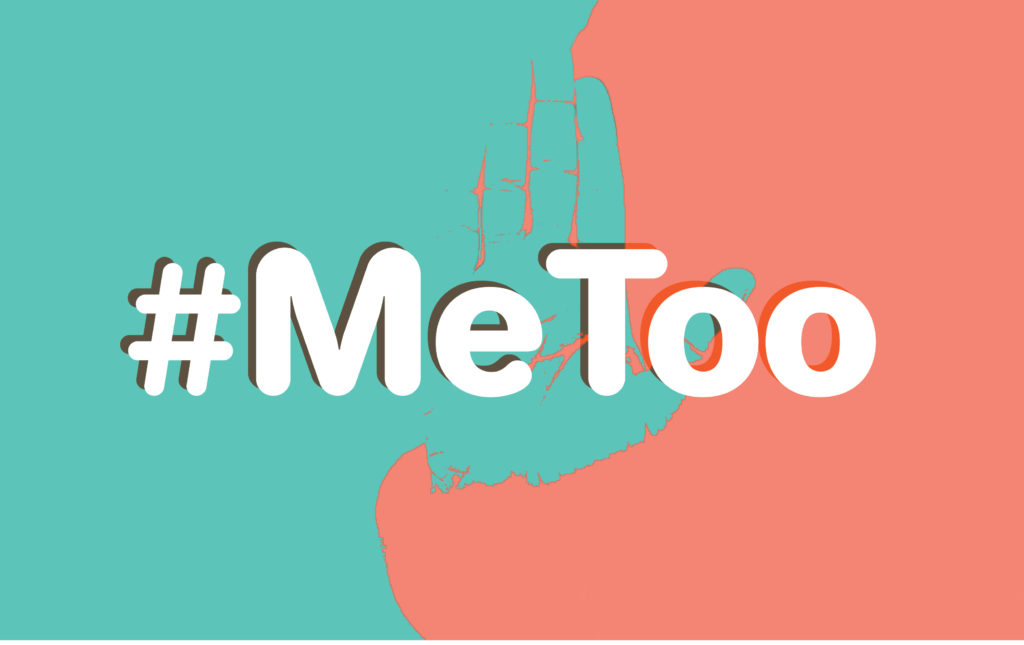
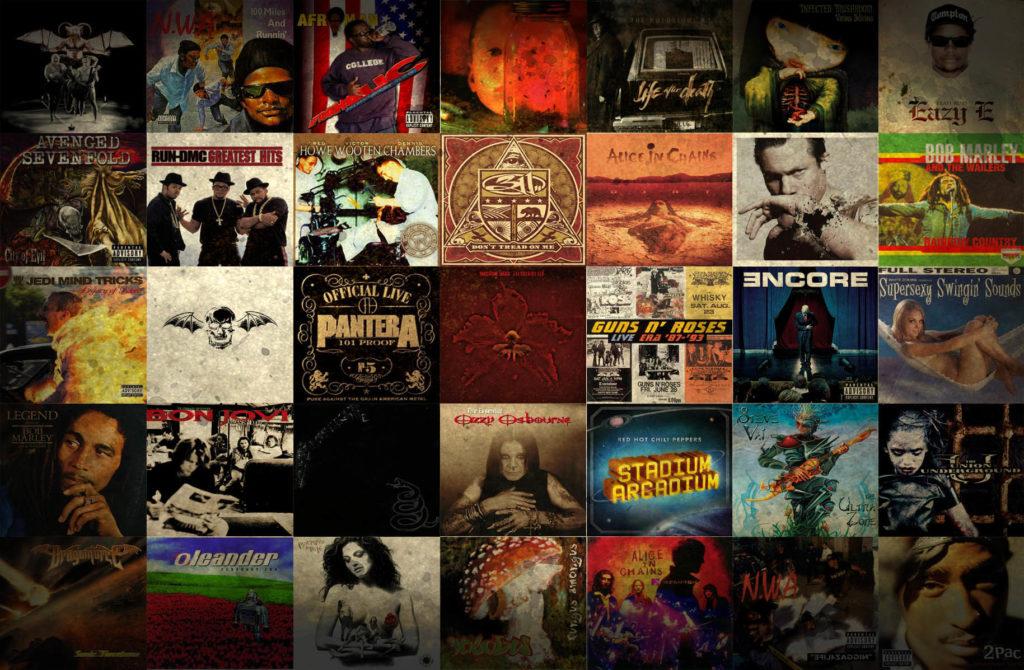
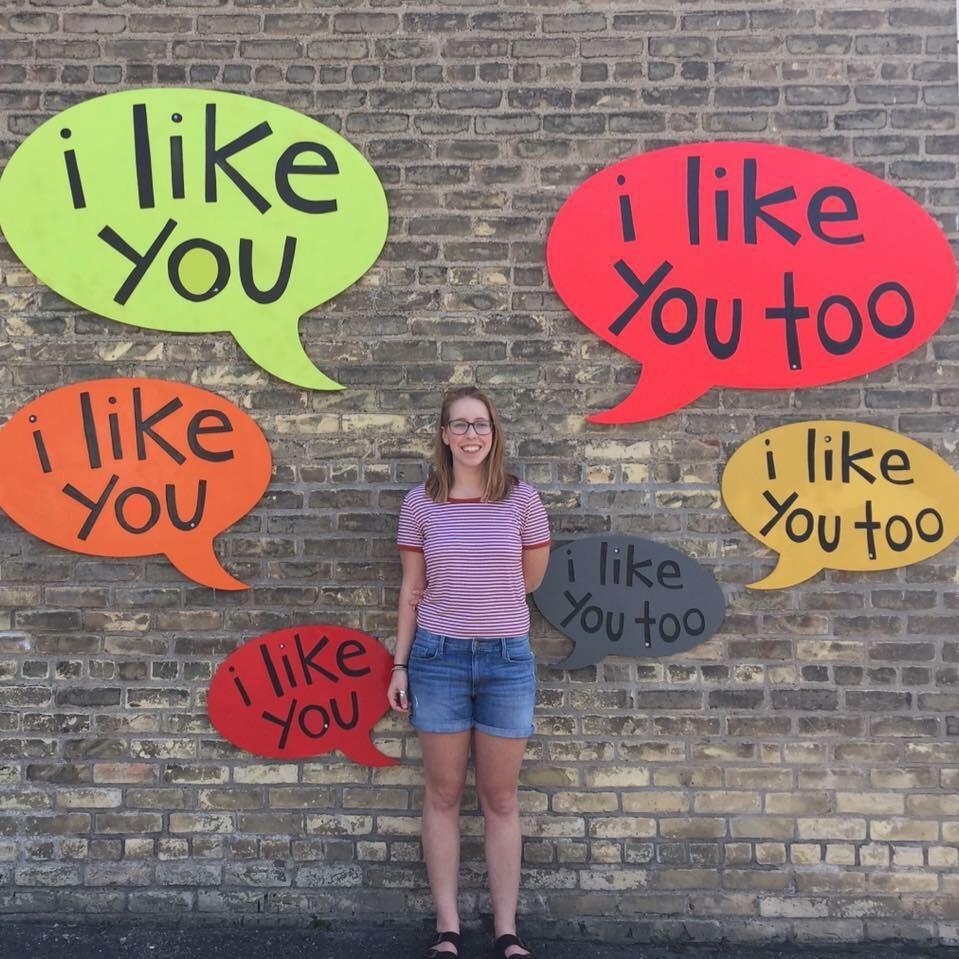
Jack Hamilton • Sep 11, 2019 at 3:19 pm
I donít waste my free time in watching video tutorials but I like to read articles on net and take updated from hottest technologies.
Jennifer Gibson • Sep 10, 2019 at 9:36 am
I really like studying and I think this website got some truly useful stuff on it! .
Leah Turner • Sep 5, 2019 at 2:19 am
I am delighted that I noticed this website, precisely the right info that I was looking for! .
Brady Dubose • Jul 23, 2019 at 3:42 am
Mass parsite http://bit.ly/2W9CVkn